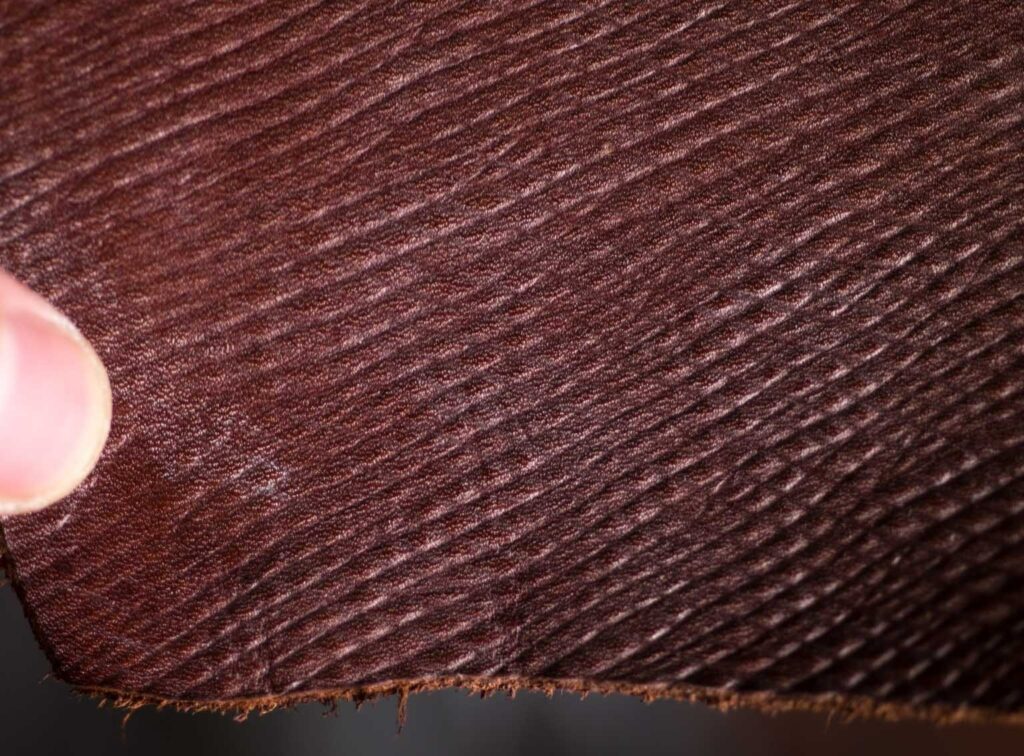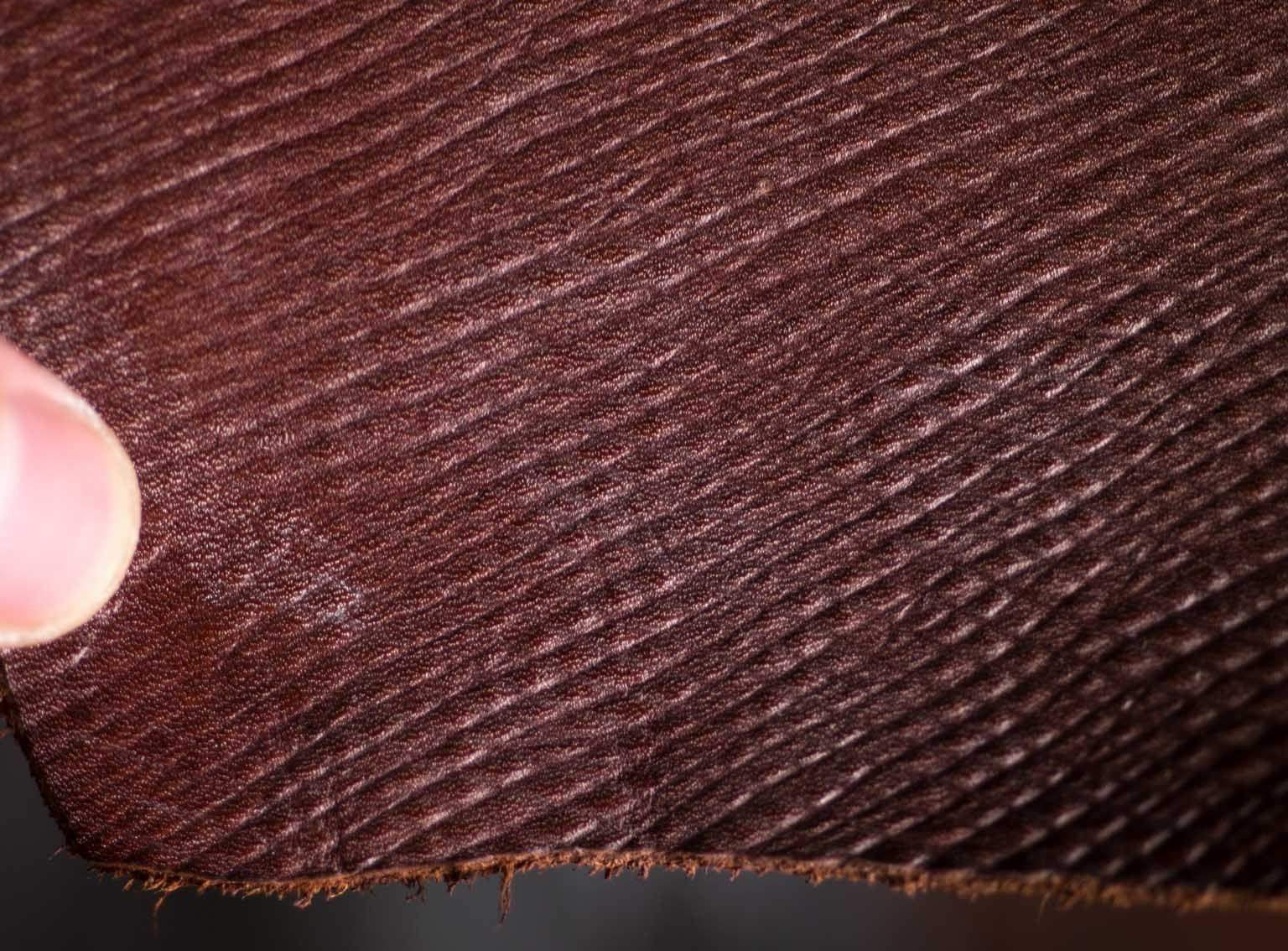This skin has a lot of historical background and many mysteries.
The sunken ship leather produced by English tannery J.F.Baker now is actually a replica of a special grain leather produced in Russia before 1918.
Because after the October Revolution in Russia, this leather disappeared mysteriously for some reason.
Before 1918, leather produced in Russia had a reputation of being durable, cold-resistant and insect-free all over Europe. Because of the above, all the armies in Europe like to use this kind of leather very much.
In 1970, on the southwest coast of England, a sunken ship was salvaged, which was filled with Russian leather. This ship has a history of more than 200 years, and the leather is still intact, so Russian grain leather became the hot topic of sunken ship skin overnight. Many people want this skin, but the supply is too limited. As mentioned earlier, Stefano Bemer bought it, which is only enough to make 15 pairs of shoes.
Then, the heritage British tannery J.F.Barker, under the joint research of a Russian translator and antique leather preservation expert, finally completed the engraving of sunken ship skins after two years of trying.

Therefore, the genuine Russian grain leather on the market at present are all produced in Britain.

J.F.Barker is a legendary leather factory. It is said that it has been producing leather since Roman times. And the vegetable tanning of oak crumbs is its knowhow.

In the production of sunken ship leather, a young British bull is first selected, and then slowly tanned for four months. There is no chemical substance in this tanning pool. The liquid formed by the fermentation of willow and oak bark is injected first, and then birch oil is injected, which can make it have a certain degree of water repellency and a unique and attractive smell. In the final stage, it is dyed and embossed with a cross pattern.

